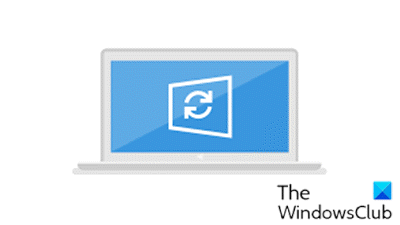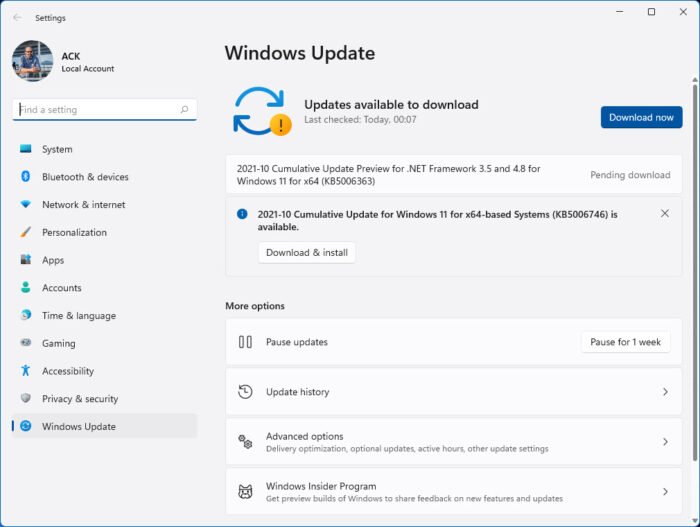When you try to install an update on a Windows-based computer, you may receive some error messages. Many Windows users have experienced this issue. I, therefore, decided to put together a list of solutions to some FAQs about Windows Updates errors in Windows 11/10.
Fix Windows Updates Errors

As a thumb rule, if you receive Windows Update Error Codes or messages, the following troubleshooting steps are sure to help you:
- Run Windows Update Troubleshooter
- Run Windows Update Online Troubleshooter
- Run Fix WU Utility to re-register all required WU dll files in a click
- Reset Windows Update components
- Rollback, reinstall or Update Drivers
- Clear contents of the SoftwareDistribution folder
- Clear contents of the catroot2 folder.
Here are some FAQs that may help you.

I tried to install updates but one or more didn’t get installed.
If the following questions don’t address the problem, you can learn more about what happened and what to do next by reviewing any error messages that are displayed in Windows Update.
- Click to open Windows Update.
- If an error has occurred, it will be displayed with an error code that you can use to search online for help.
- Did you accept the Microsoft Software License Terms? Install the update again and review and accept the license terms.
- Click to open Windows Update.
- Review any error messages.
- If an error message about license terms or canceled updates is displayed, click Try again, and wait until you are prompted to review the license terms.
- Accept the license terms, and wait to see if the update is installed successfully.
Related read: Troubleshoot Windows Update fails to install issues.
Is there enough free disk space on your computer?
If you need more free space on your hard disk, you might need to uninstall programs, delete your temporary Internet files, delete files that you don’t use, or empty the Recycle Bin, and then try again to install updates.
Did you cancel the installation process or disconnect from the Internet?
It’s fine if you did. Just check for updates again and install any updates that were canceled or interrupted.
I keep being offered an update from Windows that I don’t want or that I already removed.
You can hide the update, and then Windows Update won’t offer it to you again unless you choose to restore it.
I hid an update but now I want to install it.
You need to restore the update to the list of updates that Windows can offer, and then install it. Here’s how:
- Click to open Windows Update.
- In the left pane, click Restore hidden updates.
- Select the update that you want to install, and then click Restore. If you are prompted for an administrator password or confirmation, type the password or provide confirmation.
Windows will automatically check for updates, and then prompt you to install the update that you restored and any new updates that might be available.
I restored hidden updates but I can’t find the one that I want to install.
That’s because a more recent update addresses the same problem as the update that you tried to restore. Windows will offer you the more recent update only.
My computer was turned off during a scheduled update.
If your computer is turned on during the next scheduled update, the updates will be installed. If new updates are ready to be installed, you can also install them before turning off your computer.
I keep getting prompted to restart my computer to finish installing updates.
Some updates apply to files or services that Windows is using. These types of updates can’t be installed while Windows is running so you should save your work, close any open programs, and then restart your computer to finish the update process.
I installed updates (or a driver update) and now one of my devices doesn’t work.
You might need to revert to a previous version of the driver for that device. Check the manufacturer’s website for a more recent version of the driver, or remove the driver and restart your computer. For help with these steps, see Repair or update a driver.